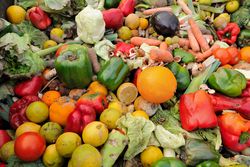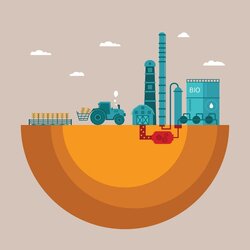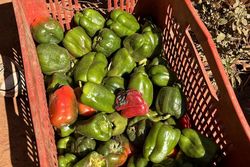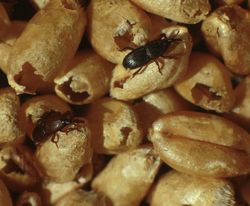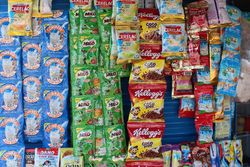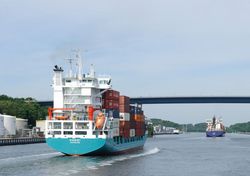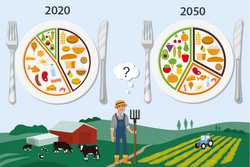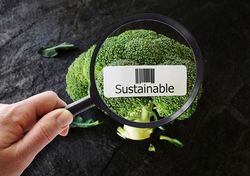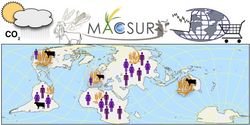Today, compared to 1960, the world produces three times as many agricultural products and trades six times as many. What pushes this trend? How does international agricultural trade contribute to food security, globally and regionally?
The German and European agricultural and food industries are increasingly integrated into world markets through international trade. Bilateral or multilateral trade agreements, which often involve the removal of trade barriers, contribute to this development. Some people appreciate the reduction of trade barriers. They associate them with a wider range of products and lower consumer prices. Others fear that the opening of domestic markets is accompanied by the deregulation of social and health standards.
With the help of models, we examine how changed trade relations influence the interplay between supply and demand and in particular, how this changes trade flows on agricultural markets. Our analyses show the effect of trade agreements and thus, contribute to the public debate.
The influence of international agricultural trade on prices and the diversity of agricultural products are also perceivable outside of Germany: At the international level, it can, additionally, compensate for regional food shortages. Our second priority topic, world nutrition, is, therefore, closely linked to it.
In cooperation with colleagues in developing countries, we examine how the political and structural framework for agriculture and trade can be designed in a manner that improves the income and food situation in these countries. The aim of this cooperation is not only to transfer knowledge and train scientists in developing countries (“capacity building”) but also to exchange information on current market developments in our partner countries.
In the field of world nutrition, we also analyse measures to curb global food losses in production, trade and consumption. For the Federal Ministry of Food and Agriculture (BMEL), we are the first point of contact for issues concerning world nutrition.

![[Translate to English:] [Translate to English:]](/media/_processed_/3/e/csm_AdobeStock_249730128_92f14d3a63.jpeg)
![[Translate to English:] [Translate to English:]](/media/_processed_/3/e/csm_AdobeStock_249730128_a6fcf4c893.jpeg)


![[Translate to English:] Brightspace](/media/_processed_/a/5/csm_interaction_Brightspace2_a186192d43.jpg)
